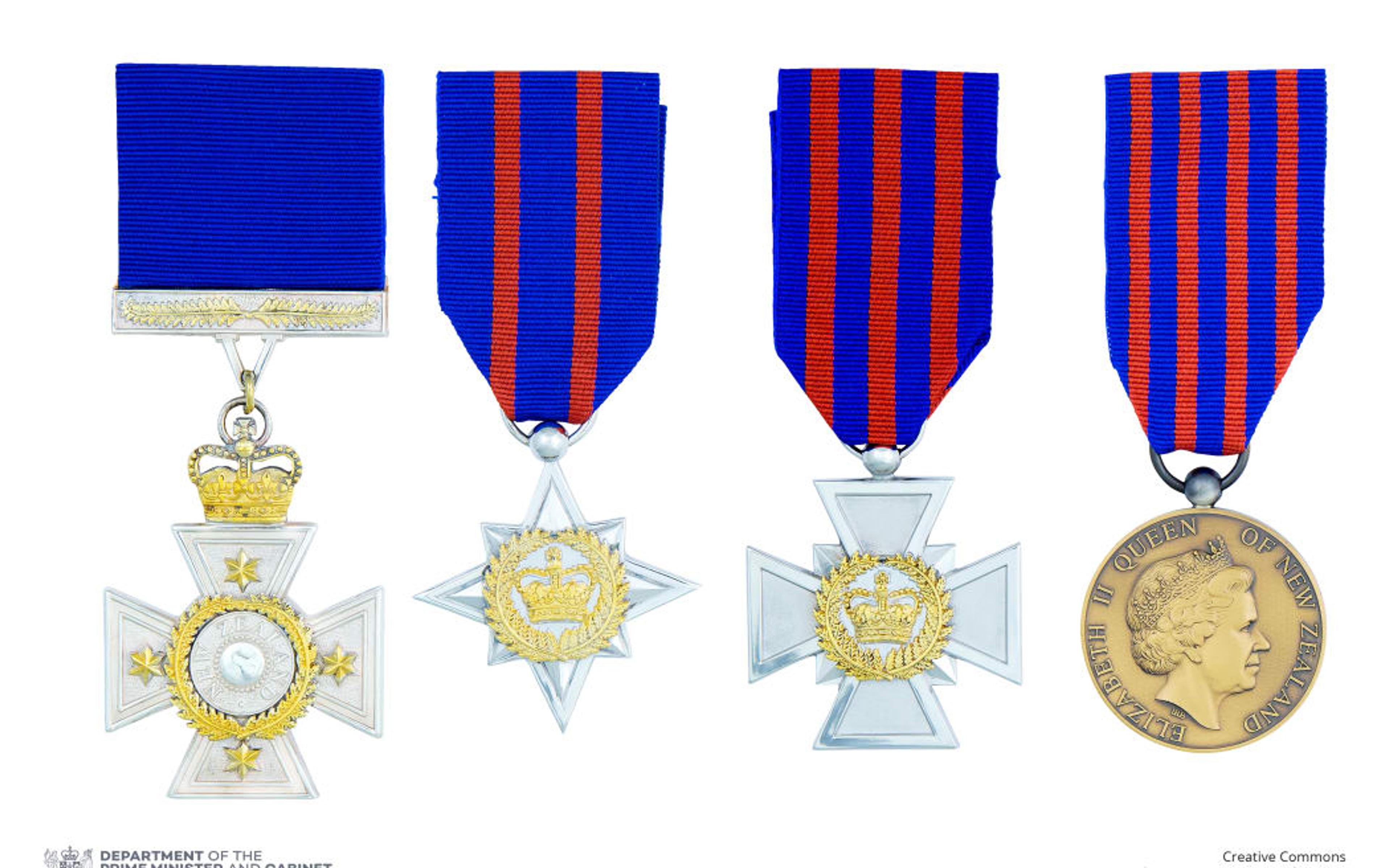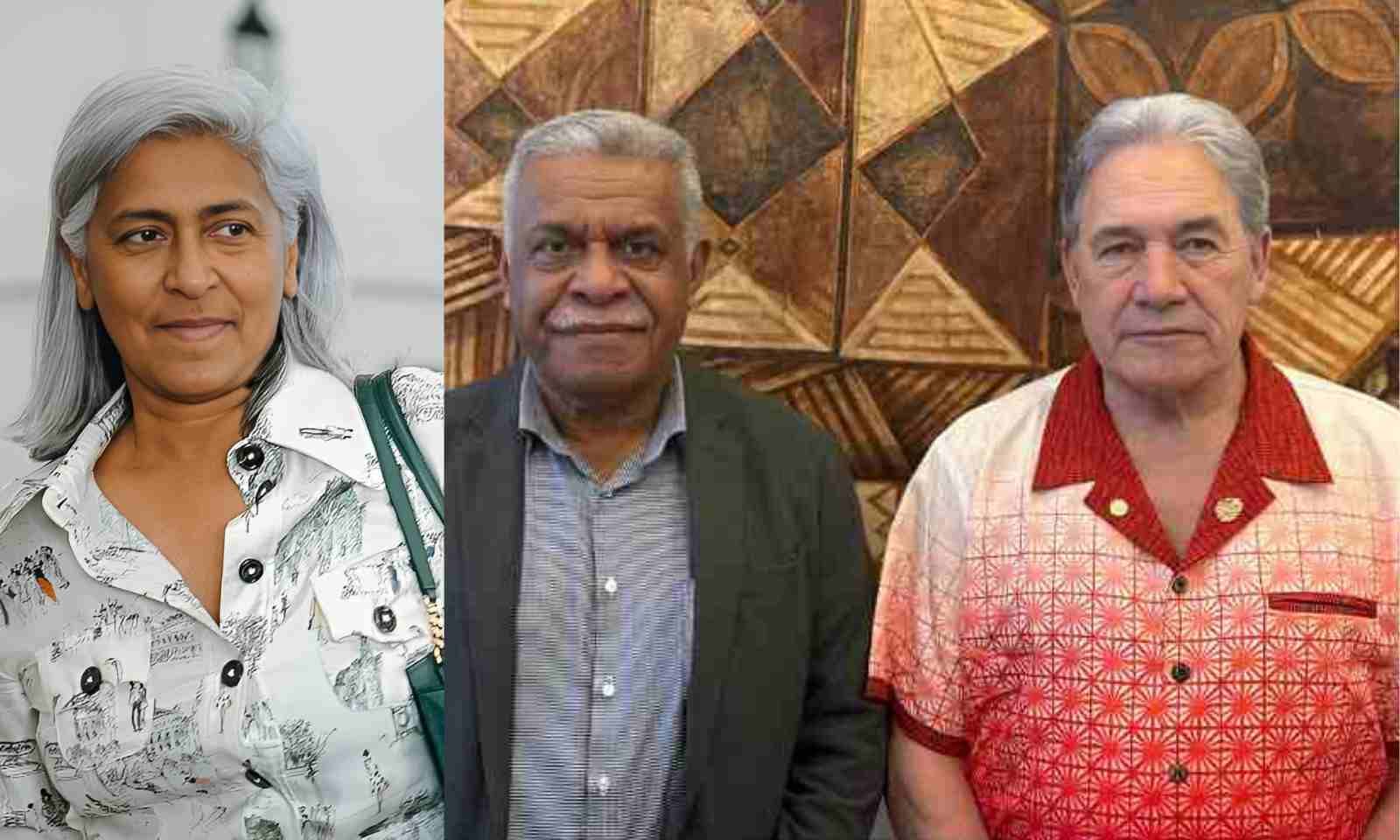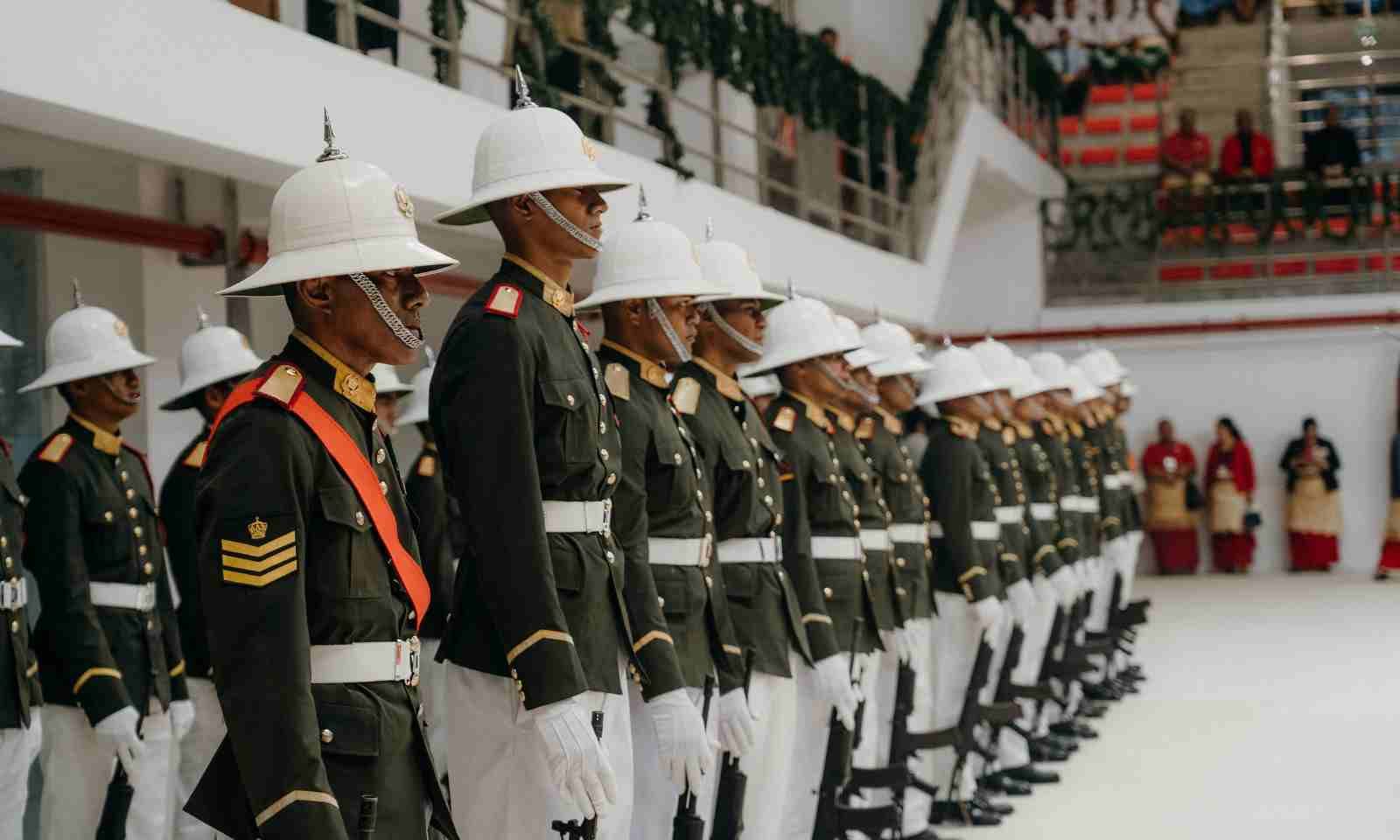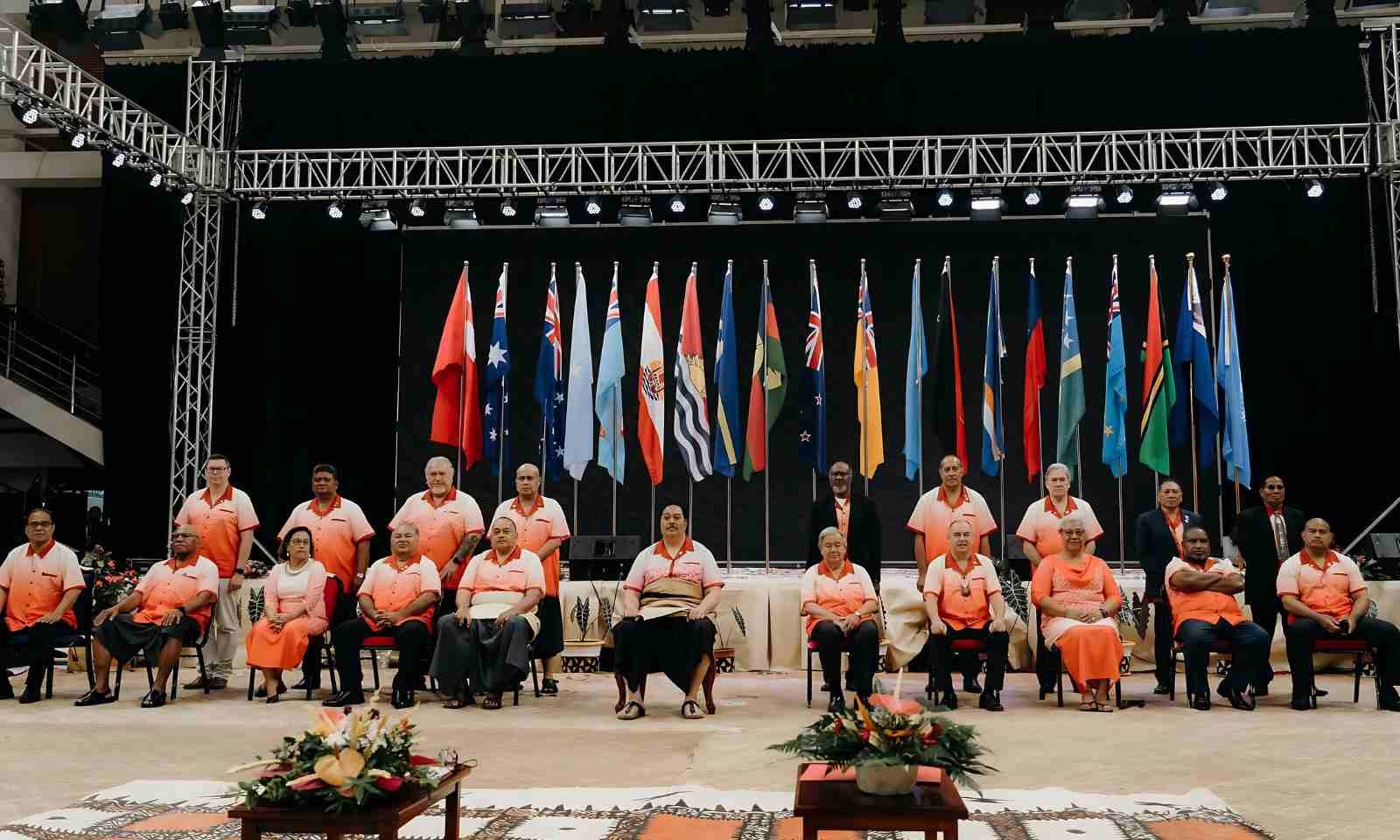

Students perform a Tongan dance during the opening ceremony on Monday.
Photo/Joseph Safiti
Lack of PIF consensus resulted in New Caledonia mission delay - French envoy
But New Zealand Deputy Prime Minister Vaovasamanaia Winston Peters says Veronique Roger-Lacan’s claims are "not helpful".




Unwanted sexual experiences ‘a public health crisis’ for Pacific youth, researcher says




Unwanted sexual experiences ‘a public health crisis’ for Pacific youth, researcher says
With no end in sight to the ongoing civil unrest in New Caledonia, there have been statements, counter-statements, denials, and affirmations from both sides of the conflict.
This time, France’s top diplomat in the Pacific has come out firing at the region’s governing body.
Veronique Roger-Lacan is in Tonga for the Pacific Islands Forum Leaders Meeting this week and says a lack of consensus within PIF resulted in the delay of a Troika-led mission to the French territory.
Two weeks ago, Roger-Lacan delivered a message to outgoing Forum chair Mark Brown and secretary-general Baron Waqa at the PIF headquarters in Suva - informing both men that President Emmanuel Macron had given the green light for the high-level delegation’s tour to Noumēa.
Day one of PIFLM53: Guests arrive for the opening ceremony.
“We were ready for the mission to come before the summit because that was the request of the PIF so we made sure that we were all ready,” Roger-Lacan told PMN News.
“But apparently there is no consensus anymore within the PIF for the mission to come to New Caledonia.
“So I want as the head of the French delegation sent by the French President Emmanuel Macron to reiterate the readiness of France whenever the PIF is ready.”
But New Zealand’s Deputy Prime Minister Vaovasamanaia Winston Peters, who said he was present when Roger-Lacan delivered Macron’s message, denied there was a lack of consensus among the forum members.
He said the French special envoy’s comments that the Pacific leaders were not aligned on a fact-finding mission to New Caledonia were “not helpful”.
New Caledonia's pro-independence President Louis Mapou has accused Macron of trying to control the narrative surrounding the political unrest in the French territory.
He told local media before heading to Tonga that his administration is "ultimately responsible" for the PIF mission and not Macron.
New Caledonia has been rocked with political unrest after protests and riots broke out in Noumeā on 13 May.

From left, French Ambassador Veronique Roger-Lacan, New Caledonia President Louis Mapou, and NZ Deputy PM Vaovasamanaia Winston Peters in Nuku'alofa. Photo/Joseph Safiti
Ten people were killed, dozens injured, and damage to businesses and buildings has been estimated at 200 million euros (NZ$360m) by the government.
Police reports said up to 9000 people were involved in the rioting and looting of public infrastructure and businesses across the capital, Nouméa.
The political standoff came to a head when France’s decision to change voting rights was opposed by pro-independence groups.
Many countries in the Pacific supported New Caledonia’s push for independence but New Zealand did not have a view either way.
“All leaders supported the mission before PIF,” Peters said.
“All leaders were discussing it and all leaders were trying to see a way we could get there in the constituted timeframe we had before the Pacific Islands Forum [Leaders] meeting. And it was a very, very short timeframe.”
Earlier, Brown, who is also Cook Islands Prime Minister, wrote to Macron requesting a delegation of three leaders to New Caledonia.

Photo/Joseph Safiti
Brown’s request also stated that the leaders would report to the Tonga summit of its findings.
But 10 days ago, New Caledonia’s President Louis Mapou said the visit was “deferred”, citing differences with Paris.
Roger-Lacan said France stood ready to assist its Pacific friends.
“We want to call for a total stop of the violence and a total commitment of every New Caledonian and everybody in the Pacific to the dialogue that the French state is carrying out for self-determination in New Caledonia.
“As far as New Caledonia is concerned, we believe that the best outcome of the PIF would be to condemn the violence, to support free, fair, transparent democratic processes, to support the dialogue and within the self-determination United Nations processes, meaning Resolution 1541 of the General Assembly which is an international framework for self-determination.
“You know that this international framework for self-determination identifies three solutions self-determination, independence, state association, or integration into an already independent state.
“So it's up to the Caledonians to choose within themselves through the democratic process that France as an administrative state is offering to the Caledonians. PIF has to acknowledge this and support those efforts that we are carrying out,” Roger-Lacan said.

Pacific Islands Forum leaders with Crown Prince Tupoutoʻa ʻUlukalala Tukuʻaho and UN Secretary-General Antonio Guterres. Photo/Joseph Safiti
Peters also met with Mapou on the sidelines of the leaders meeting on Monday.
During their hour-long meeting, they discussed the long-standing, valuable relationship enjoyed by close neighbours New Zealand and New Caledonia.
They also discussed the need for calm, dialogue, and reconstruction. The views of the various communities in New Caledonia about the constructive pathway forward in the years ahead.
“New Caledonia’s immense human and economic potential. France’s valuable role and cooperation with New Zealand.
“The role of the Pacific Islands Forum including a PIF Mission to New Caledonia at an appropriate time.
“The prevailing situation in New Caledonia includes the need for calm, dialogue, and reconstruction. New Caledonia’s immense human and economic potential.”
Peters posted on X that France’s valuable role and cooperation with Aotearoa and the Pacific were also important.
The leaders' meeting ends on Friday.

Photo/Joseph Safiti